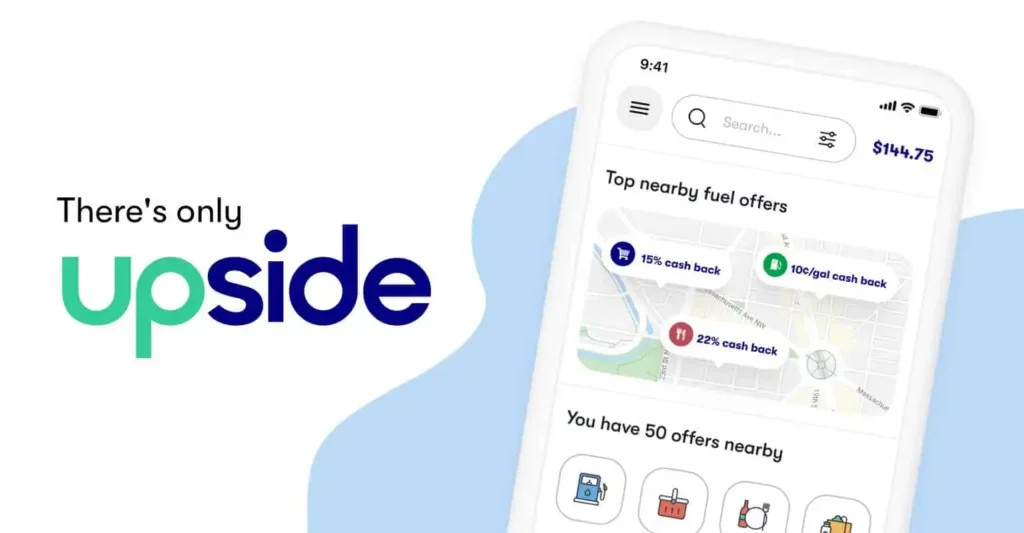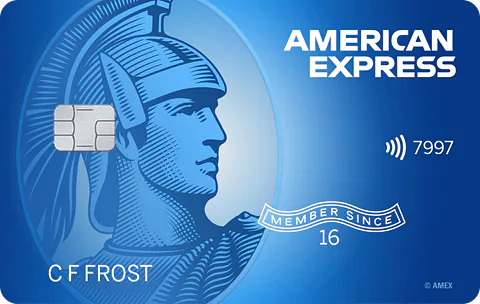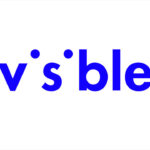Introduction:
Welcome to the first step on your journey to financial stability and freedom. Budgeting isn’t just about restraining spending; it’s about understanding your finances and setting yourself up for a secure future. In this series, we’ll explore the core principles of effective budgeting and equip you with tools, templates, and techniques to manage your personal finances.
Understanding Budgeting
What is budgeting? At its core, budgeting is a plan for your money. It allows you to prioritize your spending and focus your finances on the things that matter most. Whether it’s saving for a dream vacation, preparing for retirement, or simply ensuring you can pay all your bills on time, a budget is your roadmap. It’s a proactive approach to managing your money, which involves allocating specific amounts to different categories of expenses and savings, based on your income.
But why is a budget so important? Here’s why:
- It prevents overspending.
- It helps identify bad spending habits.
- It leads to a better credit score.
- It prepares you for emergencies.
- It brings peace of mind.
The Benefits of Budgeting for Individuals and Families
Budgeting has immense benefits for everyone, whether you’re a single professional, a couple, or a family with children. Here’s what budgeting can do for you:
- Financial Control: Budgeting puts you in the driver’s seat of your finances, allowing you to make informed spending choices.
- Focused Goals: It helps you set and achieve financial objectives, whether it’s saving for college, a home, or retirement.
- Avoids Overspending: By keeping track of expenses, a budget prevents spending more than you earn, which can lead to debt.
- Prepares for Emergencies: A good budget includes setting aside funds for unexpected costs, providing a safety net.
- Peace of Mind: Knowing that you have a plan for your finances can reduce stress and give you a sense of security.
Setting Up for Success
The first step to successful budgeting is setting clear financial goals. What do you want to achieve? Whether it’s becoming debt-free, buying a home, or building an emergency fund, your goals will guide your budgeting process.
Next, gather your financial information. This includes income statements, bills, bank statements, and any other documentation of your expenses and earnings. The more accurate your information, the more effective your budget will be.
The Budgeting Process
Creating a budget can be broken down into simple steps:
- List your income: Know exactly how much money you have coming in.
- Track your expenses: Keep a record of where your money goes, including fixed expenses (like rent) and variable expenses (like groceries).
- Subtract expenses from income: This will show you how much money you can allocate to different goals.
- Evaluate and adjust: Your first budget may not be perfect. Review it regularly and make changes as needed.
Choosing the Right Budgeting Tools
There’s no one-size-fits-all tool for budgeting. Some people prefer traditional methods like the envelope system, while others may opt for digital solutions like budgeting apps or spreadsheets. Consider your lifestyle, technical comfort, and the complexity of your finances when choosing a tool.
Tips and Techniques for Effective Budgeting
Here are a few tips to ensure your budgeting success:
- Be realistic with your spending limits.
- Plan for occasional indulgences.
- Regularly review and adjust your budget.
- Use budgeting apps to keep track of spending on the go.
Debunking Common Budgeting Myths
Let’s clear up some misconceptions about budgeting:
- Myth 1: Budgeting is Restrictive. Reality: Budgeting is not about restricting your spendings; it’s about understanding them and making sure you have enough for what truly matters to you.
- Myth 2: You Only Need to Budget When You’re in Debt. Reality: Budgeting is a tool for everyone. It’s about managing your money effectively, not just digging out of debt.
- Myth 3: Budgeting Takes Too Much Time and Effort. Reality: With today’s tools and apps, budgeting can be streamlined into a simple process that fits into your life.
- Myth 4: Budgeting Means No Fun. Reality: A well-planned budget includes discretionary funds for entertainment and leisure. It’s about balance, not elimination of enjoyment.
In the next sections, we’ll focus into how to create a budget, track your spending, and adjust your budget to fit your changing life.






















Leave a Reply
You must be logged in to post a comment.